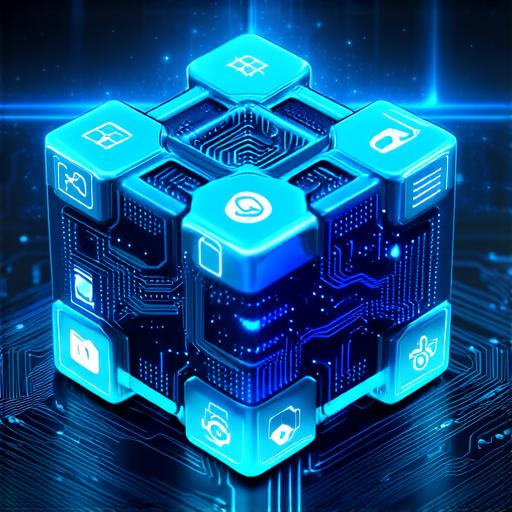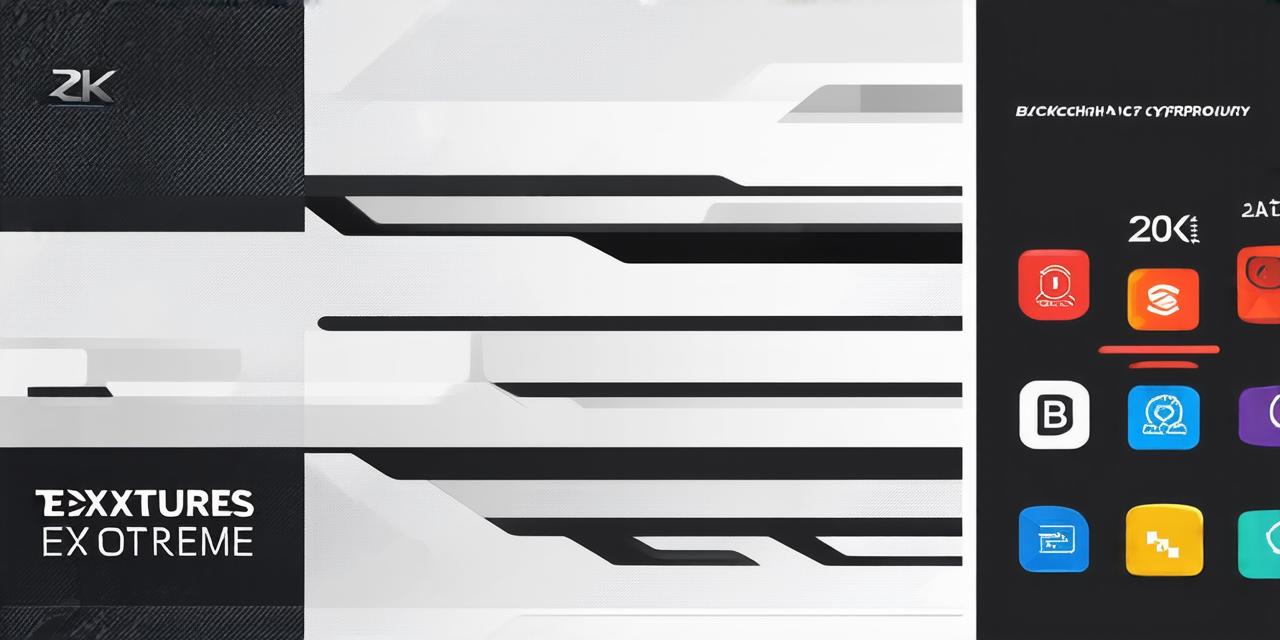What is Blockchain?
Blockchain is a digital record-keeping system that allows multiple parties to share data without the need for intermediaries such as banks or governments. It was first introduced in 2008 with the creation of bitcoin, a decentralized digital currency. The technology behind blockchain has since been adapted for various applications, from supply chain management to voting systems.
How does Blockchain work?
At its core, blockchain is a distributed ledger that consists of blocks of data. Each block contains a cryptographic hash of the previous block and a timestamp, which creates an unalterable chain of data. The decentralized nature of blockchain means that there is no central authority controlling the network, making it resistant to tampering and hacking.
Let’s take a look at how a blockchain works step-by-step:
- Transactions are broadcast: When a user wants to make a transaction on the blockchain, they broadcast it to the network.
- Transactions are verified: The network validates the transaction by checking if it adheres to the rules of the blockchain. If the transaction is validated, it is added to the block.
- Blocks are mined: Once a block is full, it is broadcast to the network for validation. The first user to validate the block is rewarded with cryptocurrency and becomes the next miner.
- Blocks are added to the chain: Once the block is validated, it is added to the blockchain.
Benefits of Blockchain Technology
Blockchain technology has several benefits that make it an attractive solution for various applications. Some of these benefits include:
- Decentralization: Blockchain technology is decentralized, which means there is no central authority controlling the network. This makes it resistant to tampering and hacking.
- Security: Blockchain technology uses cryptography to secure data, making it nearly impossible to hack or alter.
- Transparency: All transactions on the blockchain are recorded in a public ledger, which allows for transparency and accountability.
- Immutability: Once data is recorded on the blockchain, it cannot be altered or deleted, ensuring immutability.
- Efficiency: Blockchain technology eliminates intermediaries, reducing transaction times and costs.
Applications of Blockchain Technology
Blockchain technology has several potential applications in various industries, including:
- Financial Services: Blockchain technology can be used for faster and more secure financial transactions, such as cross-border payments and lending.
- Supply Chain Management: Blockchain technology can be used to create a tamper-proof ledger of supply chain data, ensuring transparency and accountability in the supply chain.
- Healthcare: Blockchain technology can be used to securely store and share medical records, improving patient care and reducing administrative costs.
- Voting Systems: Blockchain technology can be used to create secure and transparent voting systems, ensuring the integrity of elections.
- Identity Verification: Blockchain technology can be used to create a secure and decentralized identity verification system, reducing fraud and improving security.
FAQs
What is blockchain?
Blockchain is a digital record-keeping system that allows multiple parties to share data without the need for intermediaries such as banks or governments.
How does blockchain work?
Blockchain is a decentralized and distributed ledger that enables secure storage and transfer of data. Each block contains a cryptographic hash of the previous block and a timestamp, which creates an unalterable chain of data.
What are some benefits of blockchain technology?
Some benefits of blockchain technology include decentralization, security, transparency, immutability, and efficiency.
What are some potential applications of blockchain technology?
Blockchain technology has several potential applications in various industries, including financial services, supply chain management, healthcare, voting systems, and identity verification.
Is blockchain technology secure?
Yes, blockchain technology uses cryptography to secure data, making it nearly impossible to hack or alter.

Summary
Blockchain technology is a revolutionary innovation that has the potential to transform various industries. Its decentralized nature, security features, and transparency make it an attractive solution for secure data storage and transfer. As blockchain technology continues to evolve, we can expect to see even more innovative applications in the future.
